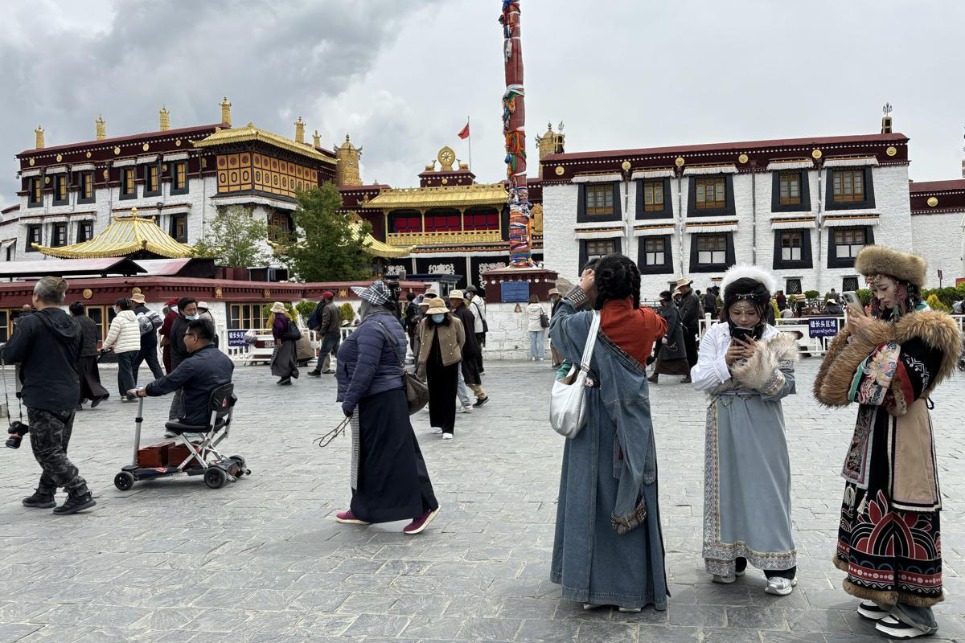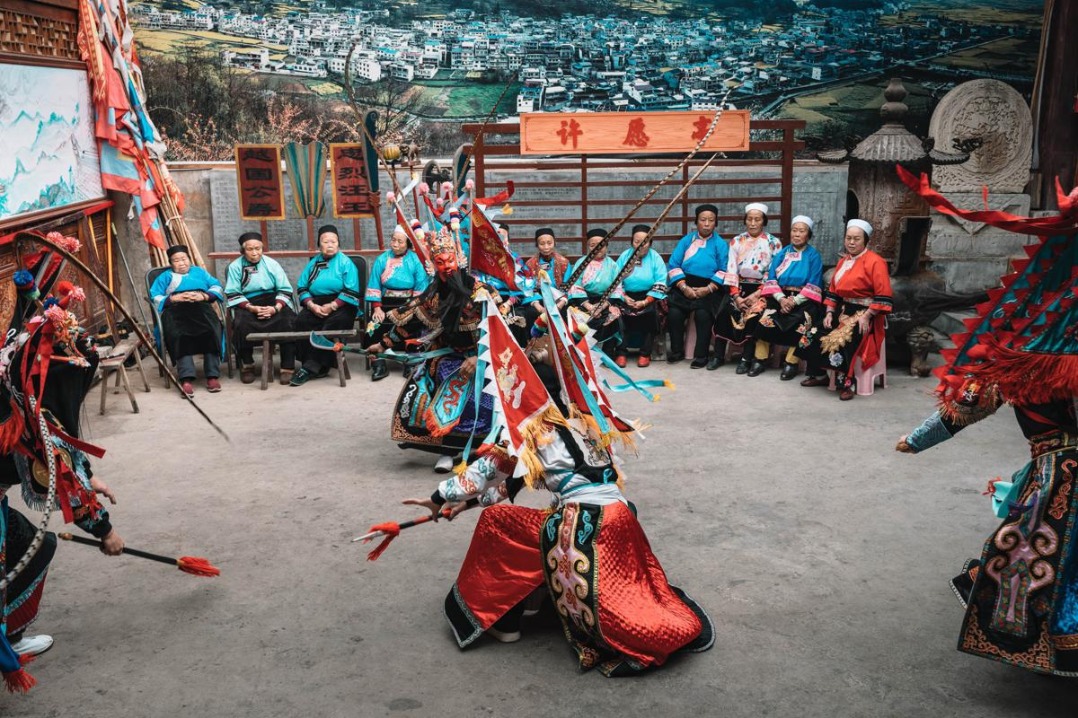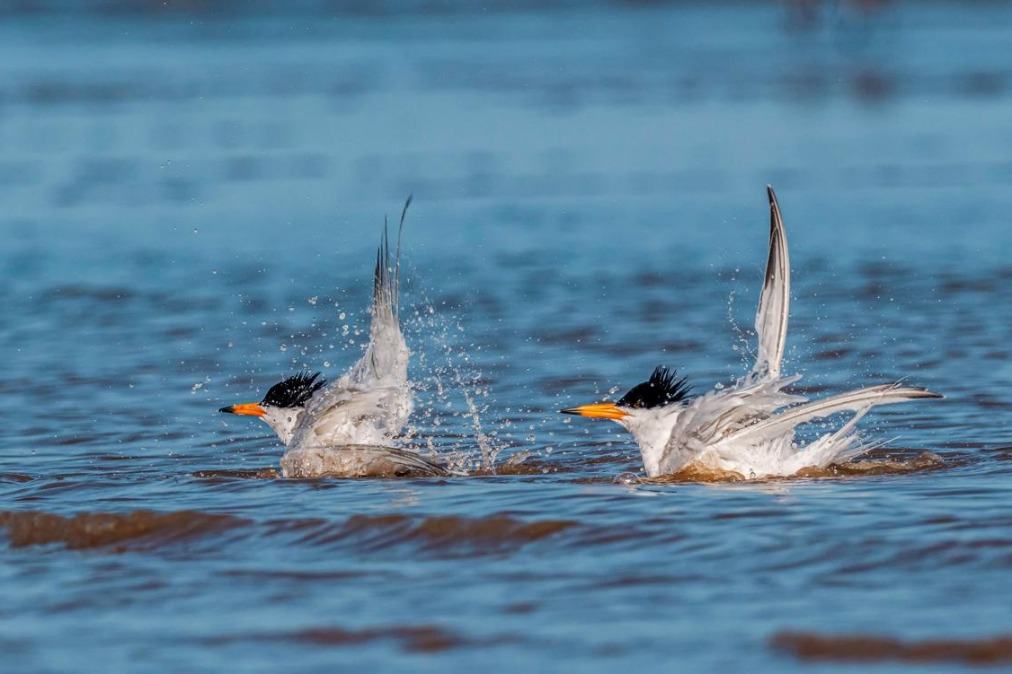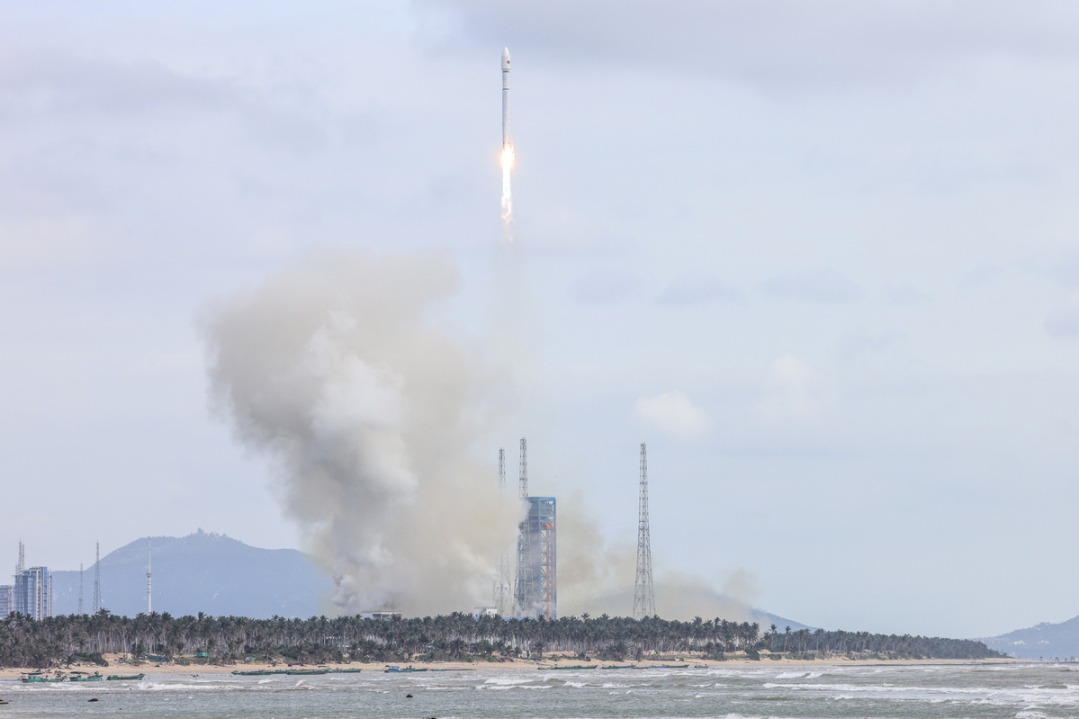Wang Jiaxiang: 1st ambassador of new China

Today, Aug 15, 2011?is the 105th anniversary of Wang Jiaxiang's birth.
Wang Jiaxiang (August 15, 1906 - January 25, 1974) was one of the senior leaders of the Communist Party of China in its early stage. From October 1949 to September 1959, he was Vice Foreign Minister of the People's Republic of China.
He was born in Jing County, Anhui Province. As a native of Jing County, Wang studied in the affiliated middle school of Shanghai University in 1925, and went to Moscow Sun Yat-sen University, a university established under the founder of Kuomintang Sun Yat-Sen's policy of Alliance with the Soviet Union and CPC and named after him to train revolutionists for China.?
In 1928, he joined the Communist Party of China in the Soviet Union. He returned home in 1930 and after that he served as Director of the Propaganda Department of the CPC Central Committee, Secretary General of the Committee of Newspapers of the Central Committee of the Party, and Editor in chief of two newspapers, "Red Flag" and "Truth."
In 1931, he went to the Revolutionary Base of the Central Committee of the Communist Party and served as member of the Central Bureau of the Soviet Area, and Director General of the General Political Department of the Chinese Workers' and Peasants' Red Army. He was elected member of the Central Executive Commission of the Chinese Soviet Republic, Vice Chairman of the Central Military Commission, Member of the People's Commission in charge of foreign affairs, and Director General of the General Political Department of the Red Army. In 1934, he was elected member of the Central Committee of the CPC, Alternate Member of the Political Bureau of the Central Committee of CPC, and then member of the Political Bureau. In the course of the Long March, he was member the three-person military commanding group of the Central Committee. He served as Representative of the Central Committee of the CPC in the Communist International from 1937 to 1938.
In 1938, he returned to Yan'an and served as Vice Chairman of the Central Military Commission, Director General of the General Political Department, President of the Military and Political Institute of the Eighth Route Army, Member of the North East China Bureau of the Central Committee of the CPC, Director General of the Department of Urban Work, and Acting Director General of the Propaganda Department. During this period, he was elected Alternate Member of the Central Committee, and member of the Central Committee.
In July 1949, he took part in the delegation of the Central Committee to the Soviet Union, led by Liu Shaoqi to talk on the establishment of embassies. After the founding of the People's Republic, he was the first Ambassador to the Soviet Union (1949-1951) and Minister of the International Liaison Department (1951-1966). During his tenure of the two positions, he took part in the making of many important decisions on foreign affairs by the Central Committee and the State Council. He attended the negotiations and conclusion of the Sino-Soviet Treaty of Friendship, Alliance and Mutual Assistance. He was member of the delegation of the CPC headed by Liu Shaoqi to attend the 19th Congress of the Communist Party of the Soviet Union.
In 1953 he concurrently held the position of Chief of the Guiding Committee on the International Activities of the Central Committee of the CPC. In 1954, he attended the Geneva Conference on Korea and Indo-China. He attended the 20th Congress of the Communist Party of the Soviet Union. In 1956, he was elected member of the Central Committee and Secretary General of the Secretariat of the Central Committee of the CPC.
At the beginning of the 1960s, based on the domestic and international situations, he put forward four proposals on the adjustment of foreign policies and tactics, i.e. 1) to release a statement to expound accurately and comprehensively that our foreign policies are peaceful; 2) it was necessary to take an approach of relaxation in foreign policy so as to avoid the increase of tension; 3) to pay attention to tactics in the international struggles and keep highly vigilant against schemes to isolate and separate China; and 4) we must take a realistic attitude to foreign assistance so as not to overstrain ourselves.





































